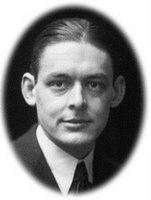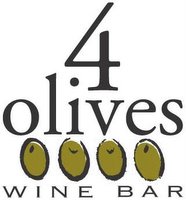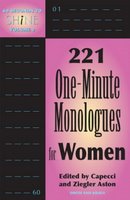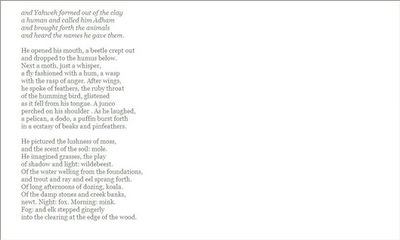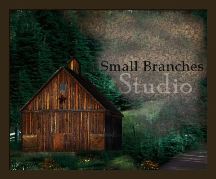untitled (as of yet) but about my last chemo treatment:Draft One
We entered the hospital hand in hand, heads up
face forward into the now familiar routine:
blood work by the nurse whose father
had just finished his final round of chemo,
a stop at the waiting room with the lemon drops
and the cheery staff who talked of Christmas,
Weight, blood pressure, any pain at the incision?
And how are you sleeping, eating, making love?The visit with the doctor who is encouraged,
encouraged by the results of the lab tests,
the MRI and the CT scan; the best we could
hope for—this the last of eight, the last four
for the microscopic risk, to eliminate rouge
cells knocked loose, escaped, left behind
after the muscle with the bulge like a softball,
was unhooked from my hip much like a sock
unpinned from the clothesline, and thrown spinning
into an abyss, never to return. Then up the escalator
to ward 42, waving at the nurse who sits on the end
the bed and laughs about the antics of my sons.
We tried not to look in the open doors
where we laid, with the lines hooked into
our skin, where our scalps shone pale,
where life shrank to the odor of sweat
soured by poison we took willingly,
another round, another shrinkage,
another day to wait out the chemicals,
the tainted reek of urine, the smell
of coffee, sandwiches, soup turning
our stomachs, five days until we could ride
the wheelchair down the elevator and
to the front door and wait in the cold
on the sidewalk where the taxis idled
and babies entered the world, sleeping,
and the smell of exhaust was the sweetest
smell, of the road, of home, of putting
what we hope is past, at last, behind us.






